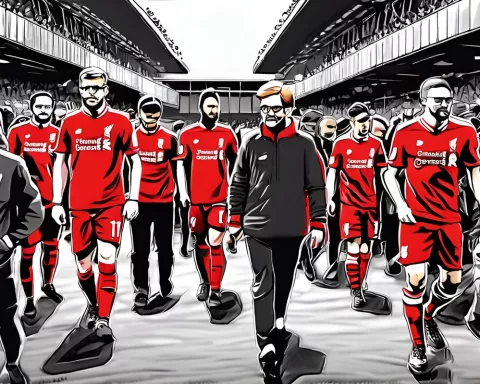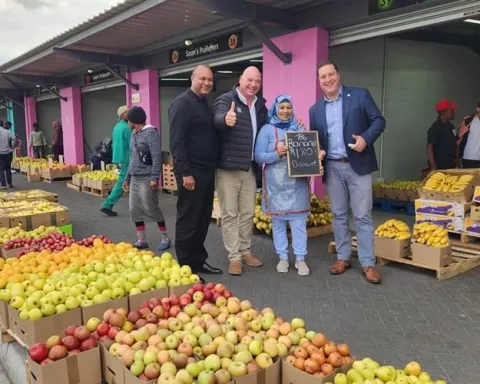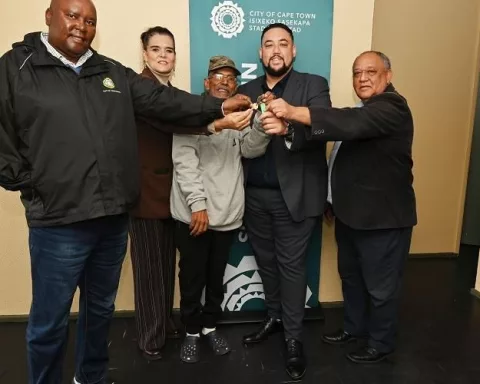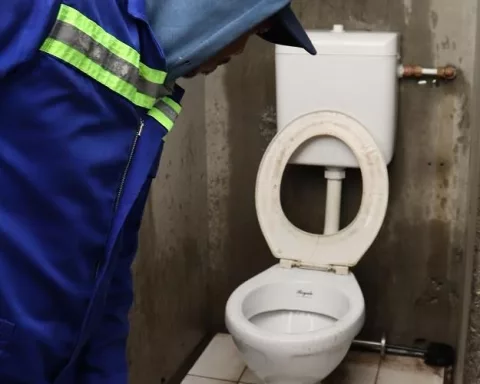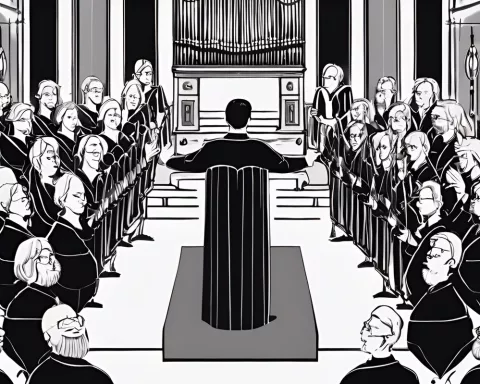The Cape Town Metropolitan Police Department (MPD) is facing a crisis as the national government proposes to reduce their responsibilities to traffic and by-law enforcement, removing their involvement in crime prevention. The City government opposes this, with fears of significant negative impacts on the communities that have come to depend on the MPD. The MPD’s proven record in battling crime is essential, and the City is calling for a stronger, more independent Metro Police and Law Enforcement to better cater to the specific needs of different communities and adhere to the Constitution.
What is the crisis facing the Cape Town Metropolitan Police Department?
The Cape Town Metropolitan Police Department (MPD) is facing a crisis due to a proposal by the national government to scale back the City enforcement services, reducing their responsibilities to strictly traffic and by-law enforcement, and removing their involvement in crime prevention. This reduction of authority is seen as a contradiction to the Constitution’s guidelines for a municipal police service, and the City government opposes it, foreseeing significant negative impacts on the communities that have come to depend on the MPD.
A Looming Threat to Cape Town’s Metropolitan Police Department
In the heart of South Africa, the Cape Town Metropolitan Police Department (MPD) is standing at a crossroads. The institution, which has been the city’s safety net for over two decades, is now the subject of heated discussions. As an important player in urban security and law enforcement, the MPD faces a growing threat that could disrupt the stability it has maintained within the city’s challenging landscape.
At the heart of this crisis is a fresh proposal issued by the national government. The plan aims to scale back the City enforcement services, reducing their responsibilities to strictly traffic and by-law enforcement. The proposal would remove their involvement in crime prevention, a role they have successfully undertaken for more than twenty years. The City government firmly opposes this plan, foreseeing significant negative impacts on the communities that have come to depend on the MPD.
The MPD’s role in battling crime has been crucial, stepping up to fill gaps left by the struggling South African Police Service (SAPS). The suggested reduction of their authority is seen not only as a blow to local enforcement but also as a contradiction to the Constitution’s guidelines for a municipal police service. Section 206(7) of the Constitution clearly sets out the establishment, powers, functions, and oversight of municipal police services.
The Loyal Opposition and the MPD’s Proven Record
The City’s staunch resistance to the proposal is a clear illustration of their dedication to maintaining the MPD’s role in crime prevention. The City has signaled its readiness to escalate the matter to the Constitutional Court, demonstrating its determination against what it perceives as an unfair plan.
The MPD’s performance over the years speaks volumes about their critical role. In the 2022/23 fiscal year alone, the department made 5,662 arrests, confiscated close to 35,000 units of drugs, 74 firearms, and over a thousand rounds of ammunition. These figures exclude the substantial number of firearm and other related arrests made by the City Law Enforcement and Traffic Services. These impressive statistics highlight the seriousness of the situation and the potential disaster that could ensue if their powers were to be restricted.
Advocating for Empowerment and Respect for the Constitution
The City is questioning the rationale behind the national government’s decision to reshape a functioning system instead of focusing on the shortcomings within the SAPS and the criminal justice system. The suggestion appears to overlook the urgent needs at the local level.
Rather than taking away the local government’s limited policing authority, the City is calling for a stronger, more independent Metro Police and Law Enforcement. The City proposes that the national government should expand the powers of the MPD or consider transferring control of the SAPS to local and provincial governments. This strategy, they argue, would not only adhere to the Constitution, but would also better cater to the specific needs of different communities.
The position taken by the City is more than a simple opposition to change; it is a plea to conserve a system that has demonstrated its effectiveness. It is a call to empower local entities that comprehend the complexities of their communities. Above all, it is a demand to honor the Constitution and the principles that protect the diverse and intricate fabric of South African society.
1. What is the crisis facing the Cape Town Metropolitan Police Department?
The Cape Town Metropolitan Police Department (MPD) is facing a crisis due to a proposal by the national government to scale back the City enforcement services, reducing their responsibilities to strictly traffic and by-law enforcement, and removing their involvement in crime prevention.
2. Why does the City government oppose the proposal?
The City government opposes the proposal due to fears of significant negative impacts on the communities that have come to depend on the MPD. The MPD’s proven record in battling crime is essential, and the reduction of authority is seen as a contradiction to the Constitution’s guidelines for a municipal police service.
3. What has been the MPD’s role in battling crime?
The MPD’s role in battling crime has been crucial, stepping up to fill gaps left by the struggling South African Police Service (SAPS). In the 2022/23 fiscal year alone, the department made 5,662 arrests, confiscated close to 35,000 units of drugs, 74 firearms, and over a thousand rounds of ammunition.
4. What is the City proposing as an alternative to the national government’s proposal?
The City is calling for a stronger, more independent Metro Police and Law Enforcement to better cater to the specific needs of different communities and adhere to the Constitution. The City proposes that the national government should expand the powers of the MPD or consider transferring control of the SAPS to local and provincial governments.
5. What is the City’s position on the national government’s decision to reshape the system?
The City is questioning the rationale behind the national government’s decision to reshape a functioning system instead of focusing on the shortcomings within the SAPS and the criminal justice system. The suggestion appears to overlook the urgent needs at the local level.
6. What is the City’s goal in opposing the national government’s proposal?
The City’s goal is to conserve a system that has demonstrated its effectiveness, empower local entities that comprehend the complexities of their communities, and demand to honor the Constitution and the principles that protect the diverse and intricate fabric of South African society.




